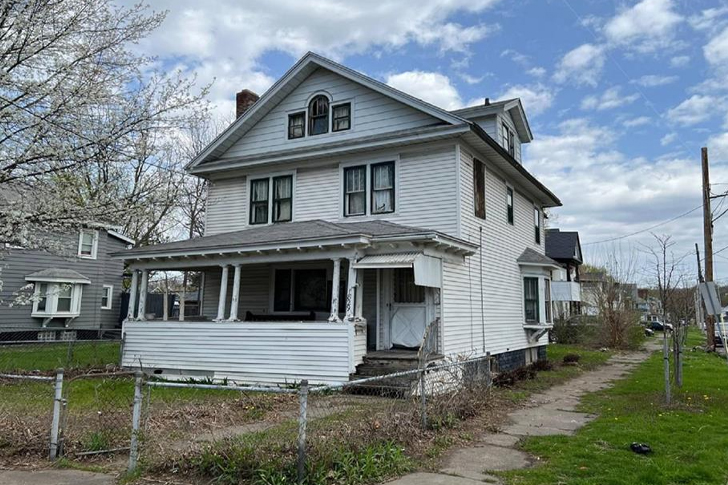Senior Living Solutions: How to Purchase and Renovate Abandoned Homes
Securing affordable housing is a pivotal concern for seniors who are contemplating retirement or are already residing on a fixed income. One less conventional route is acquiring an abandoned house which, with diligent research and preparation, can provide a substantial housing solution at a fraction of the market price. This article explores pragmatic strategies to help seniors purchase abandoned properties effectively and safely.

**Finding Abandoned Houses**
Abandoned houses are properties that have been vacated for various reasons, including financial distress, owner’s death, or relocation. These properties often require maintenance and carry potential legal and financial complications, making them less appealing to average buyers but potentially ideal for those willing to undertake renovations.
To start, localize your search to neighborhoods familiar to you or areas known for a higher number of abandoned properties. Tools and platforms useful for this task include:
1. **Local Banks and Real Estate Agents**: These can provide lists of foreclosed homes which often include abandoned properties.
2. **Government Listings**: Sites such as the U.S. Department of Housing and Urban Development (HUD) offer listings of homes that might not be in prime condition but are offered at substantial discounts.
3. **Local Municipalities**: City or county tax offices can identify properties with delinquent taxes, often a sign of abandonment.
4. **Drive Around**: Simply driving around or walking in desired neighborhoods can help spot abandoned homes.
**Assessing and Valuing the Property**
Once you’ve identified a potential property, assessing its condition and understanding the extent of renovation needed is crucial. Consider hiring a professional inspector who specializes in older homes to understand the physical state of the property and the cost of necessary repairs. This step is vital to avoid large, unforeseen expenses post-purchase.
Moreover, understanding the market value of renovated homes in the area provides insight into the potential investment return. Tools like Zillow and local property records can aid in determining these values.
**Navigating Legal and Financial Waters**
Acquiring an abandoned property often involves complex legal scenarios, including unclear titles or back taxes. Hiring a legal advisor familiar with real estate laws in your area is essential to navigate these waters safely. Additionally, consider the following financial aspects:
1. **Back Taxes**: Often, abandoned properties accrue unpaid property taxes that need to be cleared. Information about back taxes can be obtained from local tax authorities.
2. **Grants and Subsidies**: Some regions offer grants, loans, or subsidies to seniors for purchasing and renovating homes. Research local and state government programs.
3. **Cost of Renovation vs. Value Added**: Balance the initial investment (purchase plus renovation) against the long-term benefits like increased home value and living cost reduction.
**Final Considerations and Safety Tips**
Pursuing an abandoned property requires adjusting expectations. These homes often need more than cosmetic updates, and safety is a primary concern. Areas to consider include:
1. **Structural Safety**: Ensure the foundation and overall structure is sound.
2. **Mold and Asbestos**: Older abandoned homes may contain harmful materials that require professional remediation.
3. **Security**: Until renovated, these properties can attract trespassers. Investing in security, such as strong locks and perhaps a basic alarm system, is recommended.
**Patience and Preparedness**
Securing an abandoned home and turning it into a livable space requires patience, preparedness, and a spirit of adventure. The process can be lengthy and filled with bureaucratic hurdles. However, with the right approach and resources, acquiring an abandoned house can be incredibly rewarding, offering a tailored living space at a significantly reduced cost.







Recent Comments